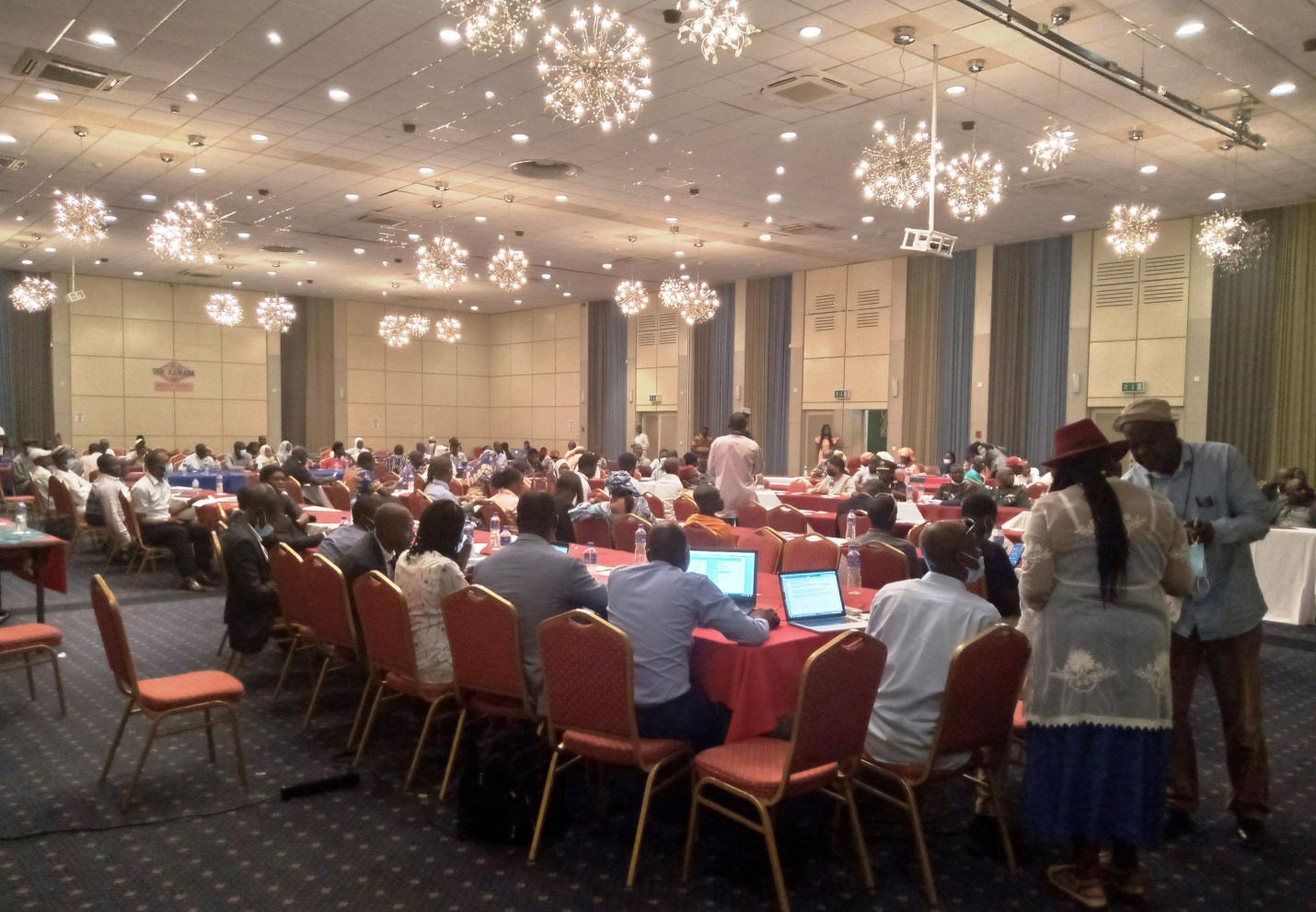By Yunus S Saliu
The Ministry of Tourism and Culture with other relevant stakeholders have Tuesday, 9th November, 2021 validated the new drafted 2021-2030 Tourism Policy and Strategy plan.
The new Tourism Policy and Strategy document is an initiation of the Ministry of Tourism and Culture as the old policy launched over two decades ago has outlived its usefulness.
Presiding over the opening of the two-day validation activities which kicked-off on Monday 8th November, was Honorable Minister of Tourism and Culture, Hamat NK Bah, he noted that the country’s coveted industry has come a long way and over the years, various policies and programmes were put in place to further develop the tourism sector, including institutional strengthening, product development, human resource development, ensuring quality in tourism, increasing the impact of tourism and mainstreaming the needs of both the host and the hosted.
The Minister went on that the formulation of the last tourism policy was a step in the right direction in terms of tourism planning and strategy development and “this has been highlighted by the review as a major milestone in the history of tourism development in destination Gambia.”
This policy blueprint, he said, was all embraced and did cast the net wide in terms of product development, both on the demand and supply sides, destination marketing, institutional strengthening, streamlining of tourism legislation, human resources development, tackling social issues in tourism such as the ‘bumster’ menace, travel facilitation and security issues, enhancing quality in tourism and increasing the impact of tourism.
However, “despite the best efforts of government and stakeholders, the maiden policy and other blueprints, due to a range of constraints and gaps, have not been able to adequately tackle all the emerging challenges in tourism including taking head on the high issues in tourism,” Honorable Bah stated.
Tourism is indeed a vital pillar of the national economy in terms of wealth creation, employment generation, the creator of substantial entrepreneurial opportunities and is positioned in the forefront of overall efforts to opinions on key issues confronting the industry and these have been factored in the documents, he explained.
Honorable Bah thanked UNDP through the Resident Representative for being very supportive of the tourism sector and for providing the funding needed to undertake the work. Also, he thanked the Ministry of Finance through the Economic Management Project Coordination Unit for providing valuable logistical and other support.
Addressing the gathering on behalf of Minister of Finance and Economic Affairs was the Juldeh Jallow; she expressed that the Ministry lauded the initiative for the development of National Tourism Policy and Strategy to avail funding in order to address the current development needs of the Tourism Sector.
She alluded to the fact that tourism is a key economic driver in the Gambia’s economy which generates foreign exchange earnings, creation of jobs and wealth as well as stimulates other sectors of the economy.
“The Ministry of Finance and Economic Affairs has attached great importance to promoting tourism in The Gambia for its ability to attract more tourist as a destination. This is well showcased with the recent new reforms undertaken by the Ministry of Tourism and Culture and the development of the National Tourism Policy and Strategy,” she added.
The DPS disclosed that the most important economic feature of activities related to the tourism sector is that they contribute to three high-priority goals of the country for generation of income, employment and foreign-exchange earnings which is aligned to the National Development Plan (2018-2021) to raise the living standards of Gambians.
In addition, she expressed that tourism is arguably the fastest growing sector in the Gambian economy and accounts for roughly 20 percent of the country’s GDP.
Kodu L Jabang-Senghore, Permanent Secretary for Ministry of Tourism and Culture highlighted that the Tourism Diagnostic Assessment Report and the policy are all-embracing in terms of the profundity and the range of issues tackled, to inform and give a better perspective on key and challenging issues in tourism in this critical review and inputs.
She therefore assured that the documents as validated will make a lot of difference to tourism development in destination Gambia.
Among other speakers at the validation forum were Abdoullahi Janneh National Economist at UNDP represented the UNDP Resident Representative and Francis Njie, Chairman Gambia Hotel Association.



